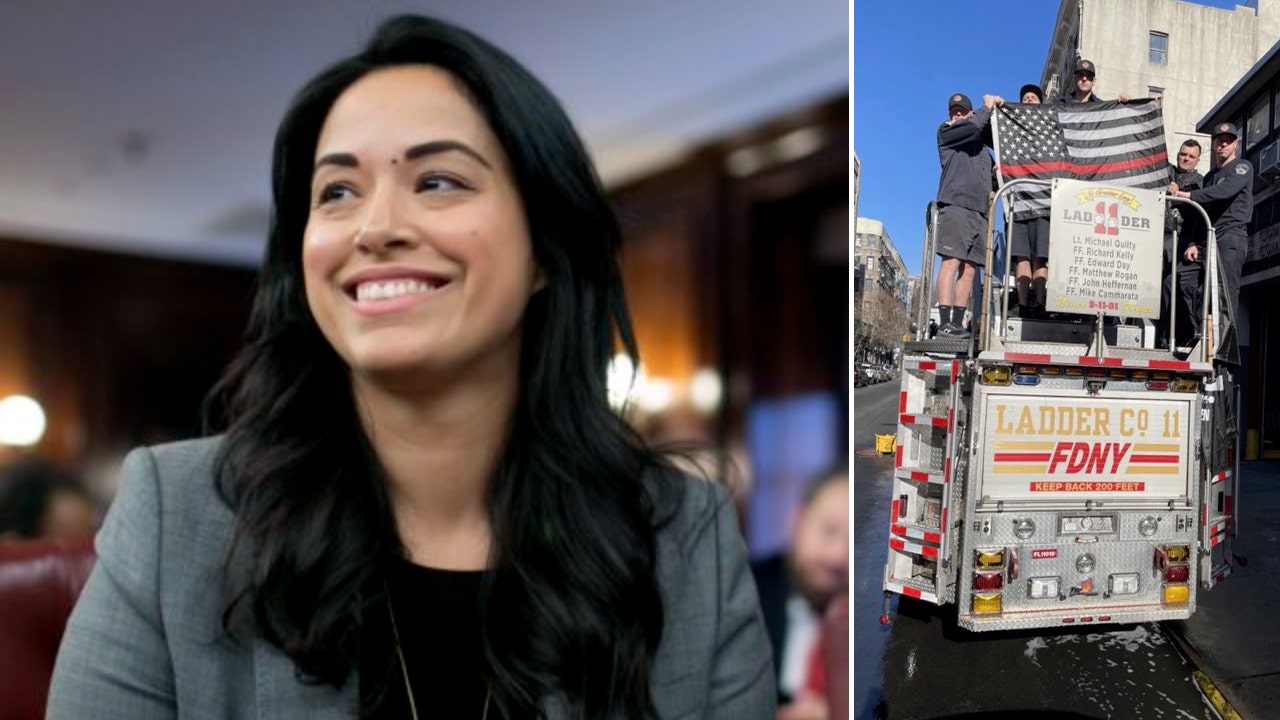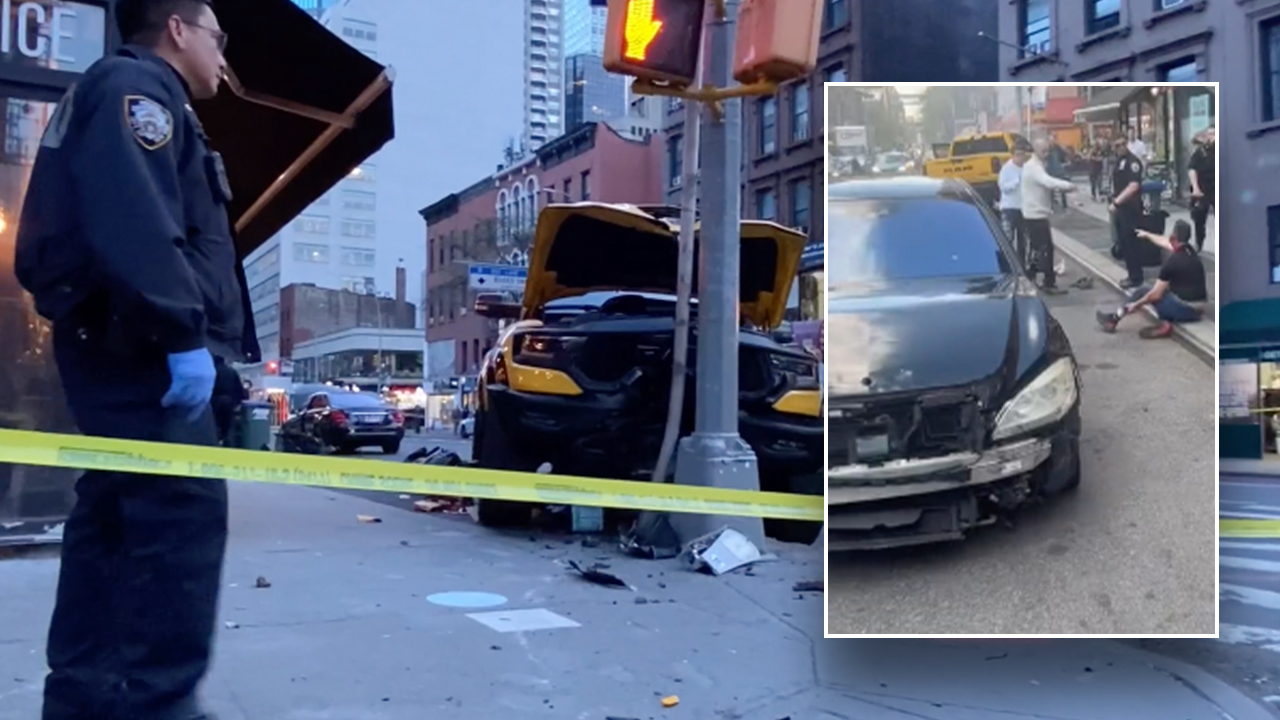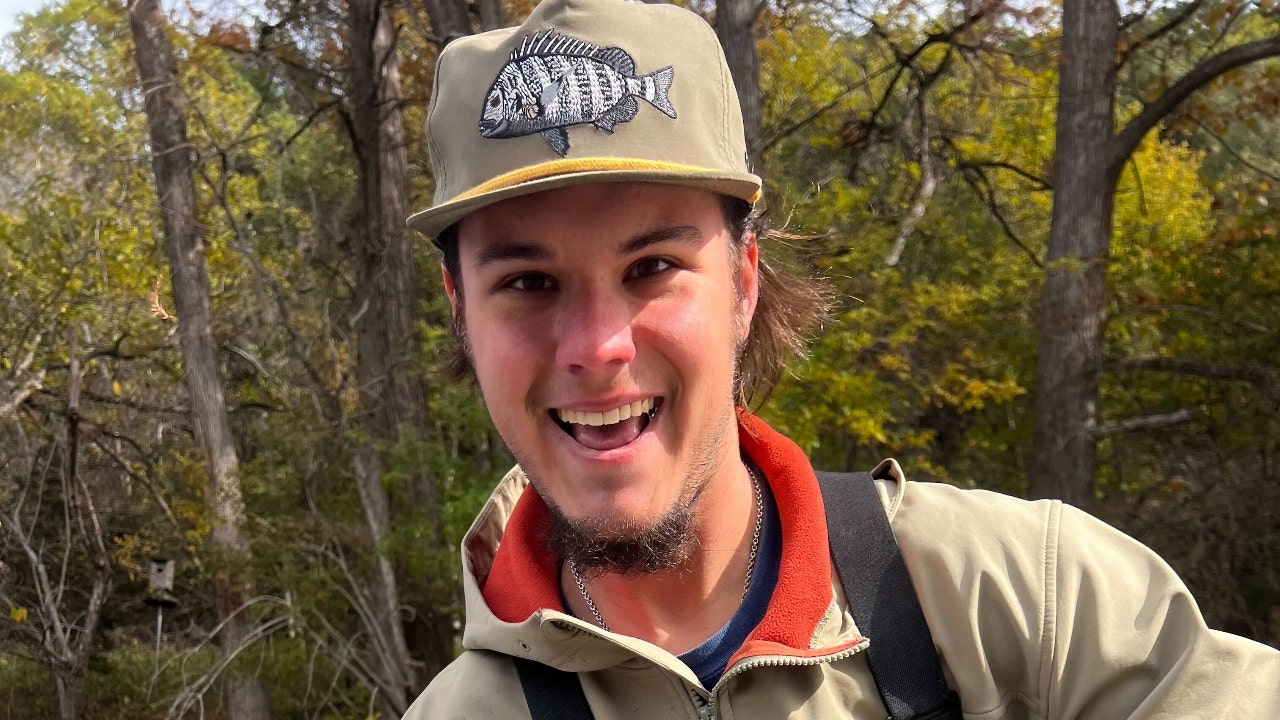At first blush, the case the Supreme Court will hear on Tuesday seems technical, requiring the justices to parse a decades-old statute mainly concerned with the destruction of business records.
But the case has the potential to knock out half of the federal charges against former President Donald J. Trump for plotting to subvert the 2020 election, entangle hundreds of Jan. 6 prosecutions and help adjudicate the very meaning of the attack on the Capitol.
The immediate question for the justices is whether a federal law aimed primarily at white-collar crime, the Sarbanes-Oxley Act of 2002, can be used to prosecute members of the mob who stormed the Capitol, including the defendant in the case, Joseph W. Fischer, a former Pennsylvania police officer. More than 300 people have been prosecuted under the law, which makes it a crime to obstruct an official proceeding.
The immediate purpose of the law, enacted in the wake of the collapse of Enron, fits uneasily with the prosecutions arising from the violent riot that forced a halt to the constitutionally required congressional count of electoral ballots. But its language is broad, and prosecutors say its plain terms cover Mr. Fischer’s conduct.
Mr. Trump is not involved in the case, but he could benefit from a ruling in Mr. Fischer’s favor. If the Supreme Court rules that what Mr. Fischer is accused of having done is not covered by the 2002 law, Mr. Trump will doubtless argue that the law does not apply to his actions either.
Even if he succeeds, though, he will still face two other charges not at issue in Mr. Fischer’s appeal: conspiracy to defraud the United States and conspiracy to interfere with constitutional rights.
In a separate case to be argued April 25, the court will hear arguments over whether Mr. Trump is immune from prosecution on any of the charges against him.
The question before the justices in Mr. Fischer’s case is legal, not factual. They must decide what the statute means, not what Mr. Fischer did. That will be a question for the jury, if the justices let the charge stand.
Still, the briefs filed in the case and court records set out contrasting depictions of Mr. Fischer’s conduct that seem emblematic of a political discourse grounded in alternate realities.
According to the government, Mr. Fischer sent text messages to his boss, the police chief of North Cornwall Township, Pa., about his plans for Jan. 6. “It might get violent,” he said in one. In another, he wrote that “they should storm the capital and drag all the democrates into the street and have a mob trial.”
Prosecutors say that videos showed Mr. Fischer yelling “Charge!” before pushing through the crowd and entering the Capitol around 3:24 p.m. on Jan. 6. He used a vulgar term to berate police officers, prosecutors said, and crashed into a line of them. He was, the government’s brief said, “forcibly removed about four minutes after entering.”
Mr. Fischer’s lawyers, by contrast, stressed that he had attended the rally on the Ellipse but was not part of the initial assault.
“When the crowd breached the Capitol, Mr. Fischer was in Maryland, not Washington, D.C.,” his lawyers wrote in their brief. “He returned after Congress had recessed.” (“Recessed” is not the first word that comes to mind to describe lawmakers fleeing from a violent mob.)
“His earlier Facebook posts about violence, when read in context, refer to his belief that antifa planned to disrupt the rally,” they continued. He had yelled “Charge!” in “obvious jest,” they added.
Video evidence shows, his lawyers wrote, that Mr. Fischer “did not ‘run’ toward the police line or crash into it; he was knocked to the ground (as was an officer) by the crowd surge.”
“Finally,” they added, “he was not ‘forcibly removed’; he walked out on his own.”
Those starkly different accounts are echoed on a larger scale in supporting briefs that focus on the nature and meaning of Jan. 6, reflecting efforts by former President Donald J. Trump and his supporters to rewrite history and reframe the attack as a legitimate political protest.
Republican lawmakers allied with Mr. Trump, including Senator Tom Cotton of Arkansas and Representative Jim Jordan of Ohio, said in one brief that “the Department of Justice and D.C. juries have readily attributed immorality to the genuine belief of many Jan. 6 defendants that there was fraud during the 2020 presidential election.”
Protests are part of the fabric of political life, they wrote, adding that the prosecutors’ interpretation of the statute would have applied to a peaceful rally led by Martin Luther King Jr.
“Advocacy groups throughout history have organized trips to Washington timed to congressional or executive consideration of favored items,” the brief said, going on to quote from a magazine article. “Most famously, the 1963 civil rights ‘March on Washington’ ‘was designed to force President Kennedy to support the Civil Rights Act’ then pending in Congress.”
The brief discussed other protests, too, including the disruption of the Supreme Court confirmation hearing of Justice Brett M. Kavanaugh, praising the Trump administration’s restraint.
The Biden administration, in its brief, drew several distinctions. The law, it said, “covers acts that hinder a proceeding — not acts, like lobbying or peaceful protest, that are not readily characterized as rising to the level of obstruction or that independently enjoy protection under the First Amendment.”
The brief added that the law only applied to conduct directed at a specific proceeding and required proof that the defendant had acted corruptly.
“There is simply no historical comparison between the consequences of criminal acts in opposition to the election of a new president — as illustrated by both our Civil War and the Jan. 6, 2021, invasion — and the ‘what about’ examples discussed in the Cotton-Jordan brief,” they wrote in a brief. “Indeed, no one was physically hurt” as part of “any of those examples.”
“And none of those examples,” they added, “threatened something remotely as fundamental to our constitutional system as the peaceful transfer of executive power.”
Richard D. Bernstein, a lawyer for Mr. Luttig and other former officials who signed the supporting brief, said that allowing cases under the obstruction law to proceed was crucial.
“These obstruction prosecutions deter possible future invasions of Congress aimed at preventing the peaceful transfer of power,” he said.
Still, the legal question in the case is relatively narrow: Does the 2002 law cover what prosecutors say Mr. Fischer did?
The Supreme Court has said that the purpose of the law was “to safeguard investors in public companies and restore trust in the financial markets following the collapse of Enron Corporation.”
At least in part, it was meant to address a gap in the federal criminal code at the time: It was a crime to persuade others to destroy records relevant to an investigation or official proceeding but not to do so oneself.
The law sought to close the gap in a two-part provision. The first part focused on evidence, saying that anyone who corruptly “alters, destroys, mutilates or conceals a record, document or other object” to affect an official proceeding is guilty of a felony.
The second part, at issue in Mr. Fischer’s case, makes it a crime “otherwise” to corruptly obstruct, influence or impede any official proceeding.
The heart of the case, Fischer v. United States, No. 23-5572, is the pivot from the first part to the second part. The ordinary meaning of “otherwise,” prosecutors say, is “in a different manner.” That means, they say, that the obstruction of official proceedings need not involve the destruction of evidence. The second part, they say, is a broad catchall.
Mr. Fischer’s lawyers counter that the first part must inform and limit the second one — meaning that the obstruction of official proceedings must be linked to the destruction of evidence. They would read “otherwise” as “similarly.”
The U.S. Court of Appeals for the District of Columbia Circuit disagreed, with Judge Florence Y. Pan writing that “any discrepancy between Congress’s primary purpose in amending the law and the broad language that Congress chose to include” must be resolved “in favor of the plain meaning of the text.”
In dissent, Judge Gregory G. Katsas wrote that the second part of the provision applies “only to acts that affect the integrity or availability of evidence.”
The government’s interpretation, he wrote, “would sweep in advocacy, lobbying and protest — common mechanisms by which citizens attempt to influence official proceedings.”






